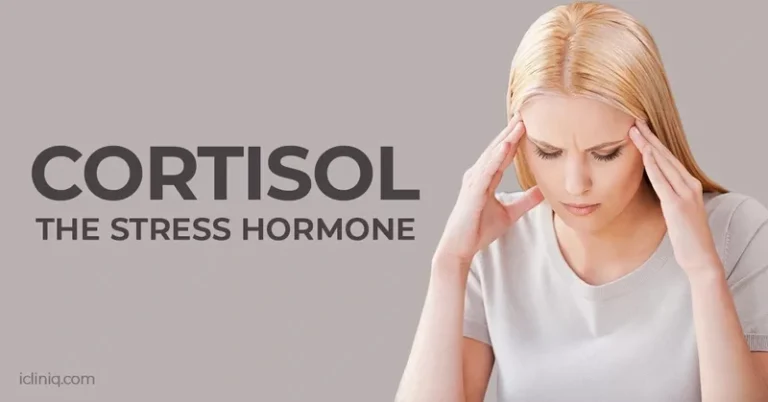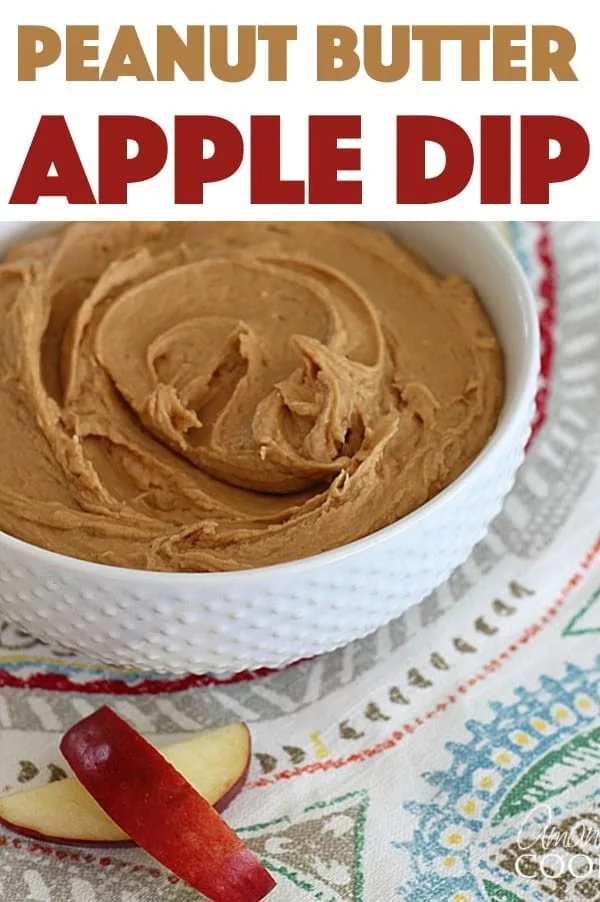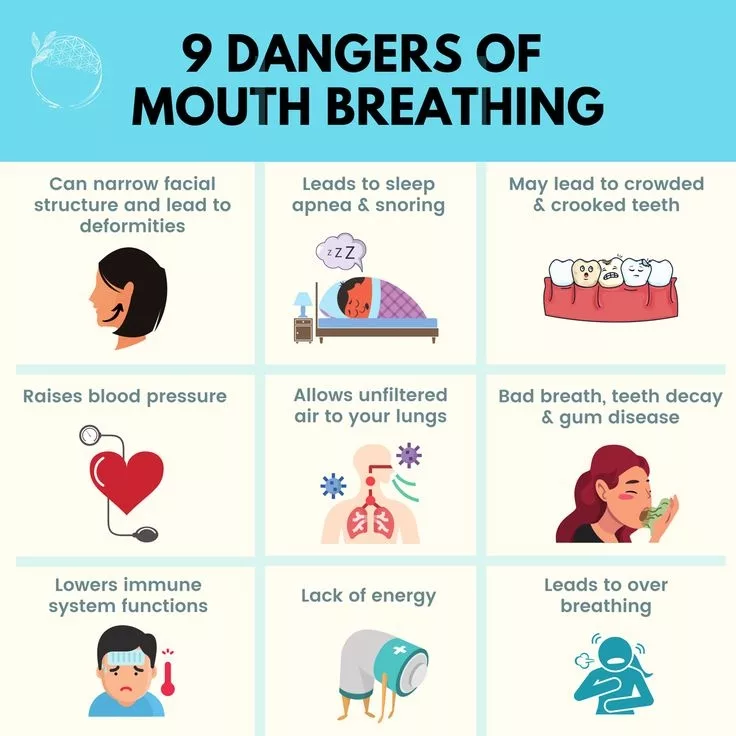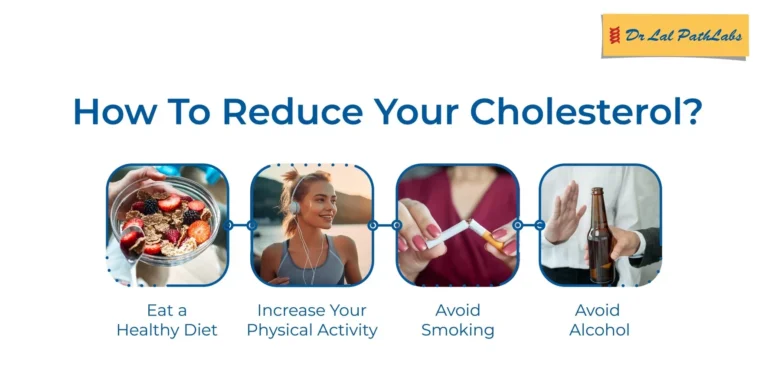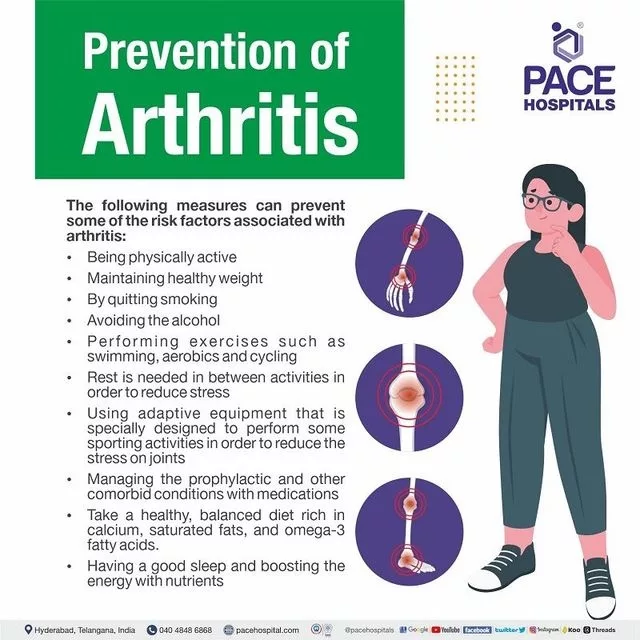Overcoming Floaters!
Tips and Tricks to Help in Daily Life
Hello everyone! ♡ Today, I want to talk about floaters. Floaters are the symptoms where you see spots floating in your field of vision, and I’ve experienced this myself. At first, I was quite startled, but now I understand it better. So, I’d like to share some tips and tricks that can help in daily life! Let’s overcome this together~ 😊

What are Floaters?
Floaters are visual phenomena caused by small particles or fibers floating in the vitreous gel inside the eye, which block light. These particles commonly occur naturally as we age and usually appear as dots, threads, or spider webs. Many people experience this phenomenon, but it is generally harmless and does not require special treatment. However, if floaters become severe or are accompanied by other visual symptoms, professional medical attention may be necessary. Understanding floaters and knowing how to manage them can lead to a more comfortable visual experience in daily life.
Understanding the Causes and Symptoms of Floaters
The primary cause of floaters is the aging of the vitreous gel. The vitreous is a jelly-like substance that fills the eye, and over time, its structure changes and shrinks. Particles formed during this process block light and result in visible phenomena. Floaters typically appear as spots or streaks and are more noticeable when moving quickly. Additionally, these objects may move along with your head when you turn it quickly. If these symptoms persist, it’s important to be vigilant about eye health, and regular eye examinations are recommended.
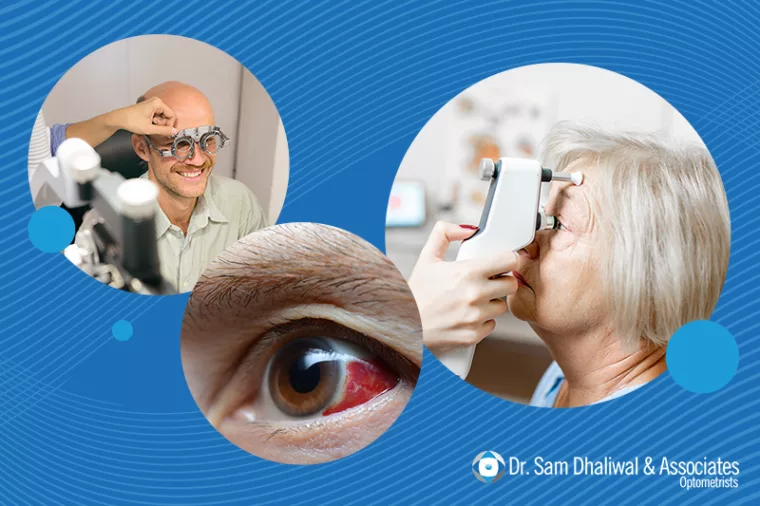
Diagnosis and Examination Process for Floaters
Diagnosing floaters mainly involves vision tests and examinations by an ophthalmologist. Generally, patients describe their symptoms, and the doctor evaluates changes in vision and the nature of the floaters. Furthermore, the ophthalmologist may use various tools to examine the interior of the eye to assess the condition of the retina and vitreous. This helps rule out other serious eye diseases and determine the cause and severity of the floaters. Based on the examination results, appropriate management and treatment options will be suggested.
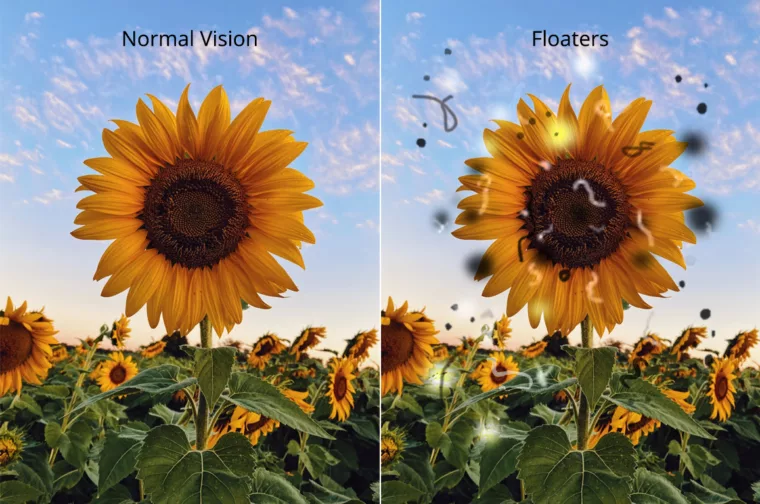
Impact of Floaters on Daily Life
While floaters are usually not painful, they can cause discomfort in daily life. Especially when floaters are severe, they may reduce concentration or interfere with reading and computer work. This visual disturbance can lead to psychological stress and discomfort in everyday activities. However, in most cases, floaters do not indicate serious health issues, and with proper coping strategies and management, they can be sufficiently overcome in daily life.
Vision Protection Methods to Alleviate Floaters
To alleviate floaters, protecting your vision is essential. First, apply the 20-20-20 rule when using a computer: every 20 minutes, look at something 20 feet away for 20 seconds. Additionally, ensure that the surrounding lighting is adequate and avoid looking directly or indirectly at bright lights. To reduce eye strain, it’s important to get enough sleep and rest, and regular eye check-ups are necessary to monitor eye health. These habits can help reduce discomfort caused by floaters.

Effective Dietary Habits and Nutrients for Managing Floaters
Proper dietary habits and nutrients are essential for managing floaters. It’s important to consume enough antioxidants such as vitamins A, C, and E, which are found in a variety of fruits and vegetables. Foods like carrots, spinach, and blueberries can benefit eye health. Additionally, omega-3 fatty acids found in fish, walnuts, and flaxseeds can help reduce inflammation in the eyes and maintain the health of the vitreous. Maintaining such a diet and practicing a healthy lifestyle can alleviate the symptoms of floaters.
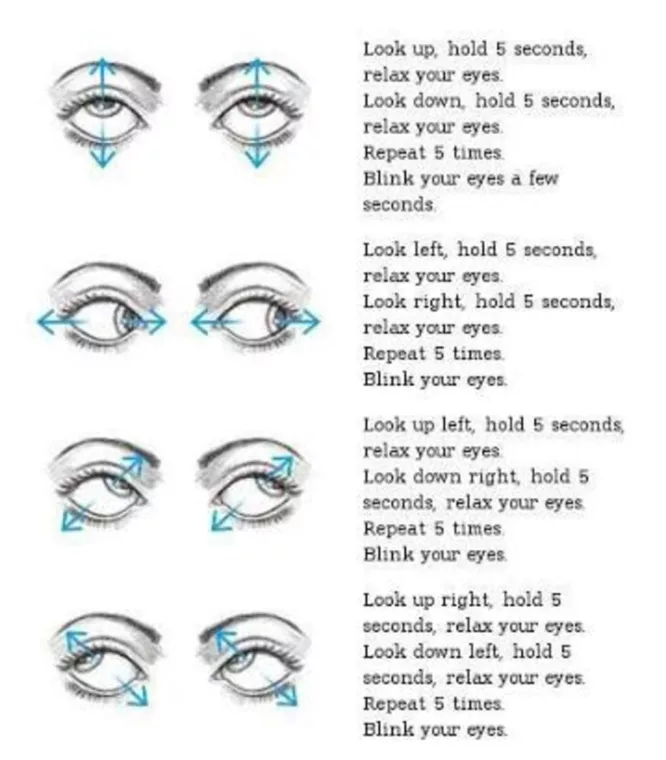
Simple Tips to Overcome Floaters in Daily Life
To overcome floaters, there are some simple tips you can practice daily:
- Reducing stress is important, and finding mental stability through appropriate exercise and meditation can be helpful.
- Practice blinking regularly, and consider using artificial tears to prevent dryness.
- Reduce activities that require fixed gaze and frequently move your eyes.
- Finally, keeping a record of the progression and changes in symptoms and consulting your ophthalmologist regularly can be beneficial.

Latest Treatments and Research Trends Related to Floaters
Ongoing research and treatments for floaters are continuously evolving. Recent studies have reported that surgical removal of the vitreous or laser treatments can effectively alleviate floaters. Additionally, the possibility of pharmacological treatments is being explored, and preventive approaches using nutrient supplements are gaining attention. This is expected to positively impact not only the alleviation of floater symptoms but also overall eye health. These latest research trends provide direction for the management and treatment of floaters, contributing to a better quality of life for patients.


